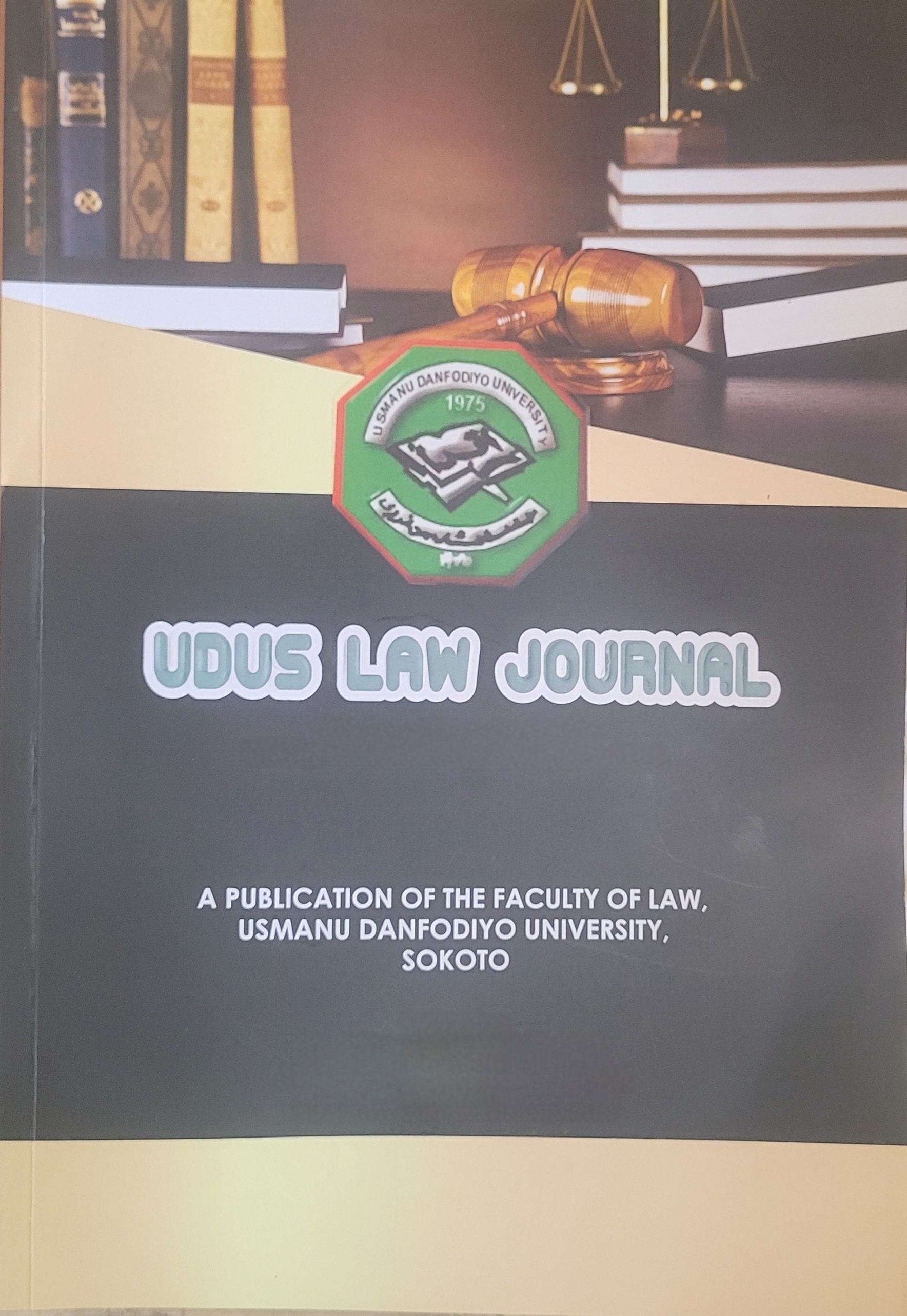Abstract
Infertility being the primary reason why most couples consider the techniques of assisted reproduction is estimated to affect more than 80 million people worldwide; and as a result people have resorted to the practice of various forms of fertility treatment for thousands of years. Assisted Reproductive Technologies (ART) has had significant impact on the lives of many infertile and sub-fertile couples around the world. Despite this, controversy surrounds these new assisted reproductive technologies because they challenge the traditional understanding of the relationship between sex and procreation. Regulation of assisted reproductive technology has evolved in different ways in different countries. Some countries have enacted laws guiding ART while some have not. This research examines the practice of ART in Nigeria and also identifies the legal, ethical, and social challenges faced by the individuals involved in assisted reproduction, including health care providers and the society at large.



 National Library of Nigeria
National Library of Nigeria.jpg) Association of Nigerian Authors
Association of Nigerian Authors Nigerian Library Association
Nigerian Library Association EagleScan
EagleScan Crossref
Crossref